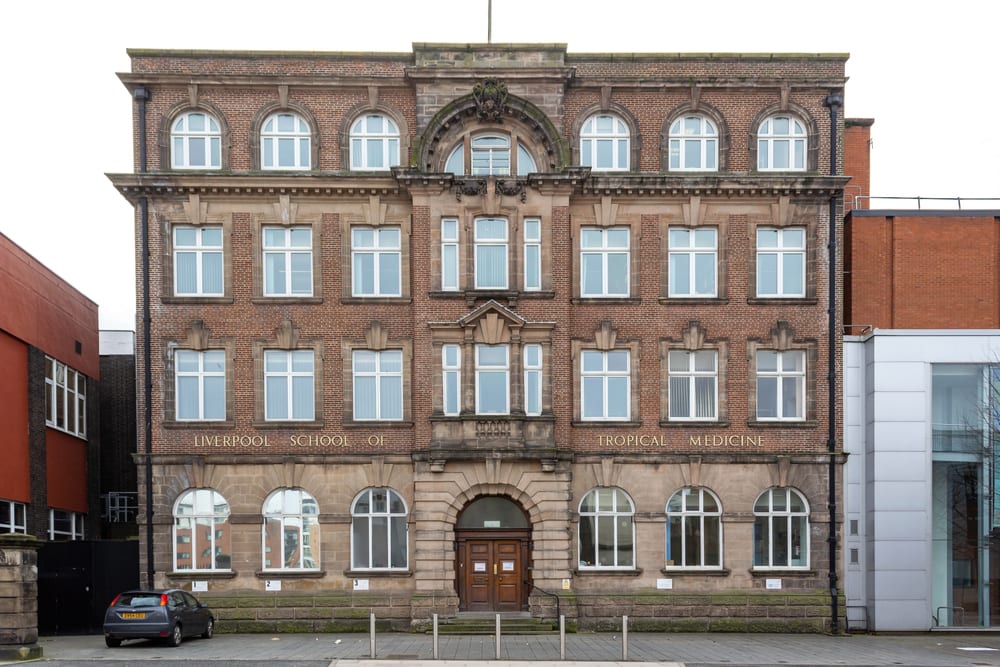
Coronavirus
Liverpool JMU Public Health experts says we need a stricter lockdown now
5 years ago
Tighter lockdown restrictions need to be imposed sooner rather than later to halt rising coronavirus cases in Liverpool, according to an expert at John Moores University.
Graeme Mitchell, senior lecturer in public health at LJMU, would like to see a local circuit breaker and he says it needs to be now. “If we wait until there are more cases, it won’t be effective,” he says.
He also believes that a local track and trace system would be more effective than the national one and that simpler messaging needs to go out.

Mr Mitchell was speaking as the city braces itself for new guidelines from Monday with Liverpool likely to be placed in the highest red zone of any three-tier system.
He maintains that local lockdowns do work – and that by empowering the local experts who know the area, how its residents respond and who have a vested interest in seeing the number of cases go down, is the way forward.
Why do we need tighter restrictions?

“We know local lockdowns work and we see, after a couple of weeks, the number of cases go down. Local lockdowns are important because, rather than with a blanket lockdown that we had through April and May, we can focus in on those areas that are having the most problems.
“What we need to remember is that coronavirus is a virus of social contact and the more social contact we have the more opportunities for it to spread. If we really wanted to eliminate coronavirus, or rather if we really wanted to drive down the number of cases we would prevent anyone from having any social contact whatsoever. That’s great in theory but the problem with that is how we function as a society over a period of time while that’s in place.
“As we know from national lockdown there are wider implications: we drove down cases and saved lives but there are other impacts, economic impacts and health impacts, people didn’t get treatment for cancer, mental health would have worsened. So it’s a balance. Focusing on a local area makes sense and opens society as much as possible for the rest of the country to save those problems.
“Local directors of public health, local authorities know their population best and what will work in those areas. It makes sense to tackle coronavirus as a series of local epidemics if you like.”
Why a local circuit breaker?

There is no one thing that you can do, says Mr Mitchell, but a circuit breaker, a short but severe lockdown would be effective: “When we had national lockdown as a nation we were fantastic, we stuck to the rules and the number of cases came down.
“It would last for two to three weeks and would almost be what we had in March and April nationally,” he says. “It won’t eliminate the virus, but it will drive cases down.
“It comes back to coronavirus being transmitted by social contact and if we reduce that, we can reduce cases of the virus.
“If we had a circuit breaker, when we come out of it, instead of having 500 cases per 10,000 we would have perhaps 20-30, a low number and these people could be identified and it is easier to deal with smaller numbers.
“A local track and trace could more easily identify those who have been in contact with the virus so that people could self-isolate – and the circuit breaker would give us time to put an effective one in place locally.”
Track and Trace

“A lot of areas have set up their own local track and trace system and they seem to work better than the national one. The national track and trace doesn’t seem to be working very well and this is a key element in tackling and controlling the coronavirus crisis.
“If someone tests positive and we can contact them, we can stop the spread. If track and trace systems aren’t working, we’re not going to be able to do that.
“Local ones are more effective. That could be because the people involved are local people, they know the area, they are invested in that area. If you are in a room in Norwich, talking to someone in Liverpool, do you have the same local impetus or knowledge? Good decent data on a regular basis enabling the local area to deal with their local epidemic and having the resources to do it is really important.”
What would that circuit breaker be?

“This is about empowering local communities to make local decisions.
“Allow schools to remain open, stop visits to other people’s homes and stay within our households, work from home if you can and limit public transport to essential.
“Closing down the hospitality industry would be part of the measures – but support it as a part of that.
“It’s about massively limiting social contact to reduce the spread of coronavirus.
“But we want areas such as the hospitality industry to be there and still standing when we come out of this because we have also learned about the health benefits of socialising throughout this.
“With the curfew, the government got it wrong. The idea was the more alcohol people consumed the less able they were to follow social distancing rules, so by having a 10pm curfew people wouldn’t have as much time to drink. But what drives alcohol consumption isn’t the time but money. If you go out with £30 you will spend that before 10pm, if you have until midnight, you’ll make it last.”
Simple messaging

“In order to be effective, public health messages need to be clear, simple and concise in order for them to work,” says Graeme Mitchell.
“It was inevitable as we came out of National Lockdown that those messages became more diffuse, and vague. But the more complex we make these things the more difficult it is for people to understand.
“People will genuinely think they are doing the right thing when they are not. They get confused.
“Having very clear and simple messages to the public works. The more exemptions and variances put in place, the more confusing it is.”


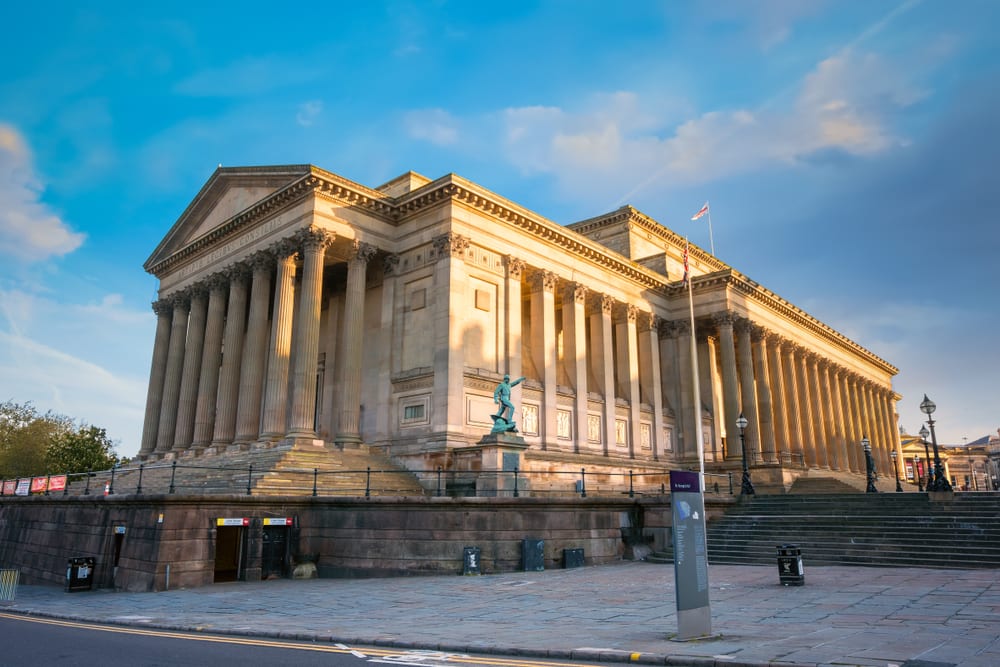

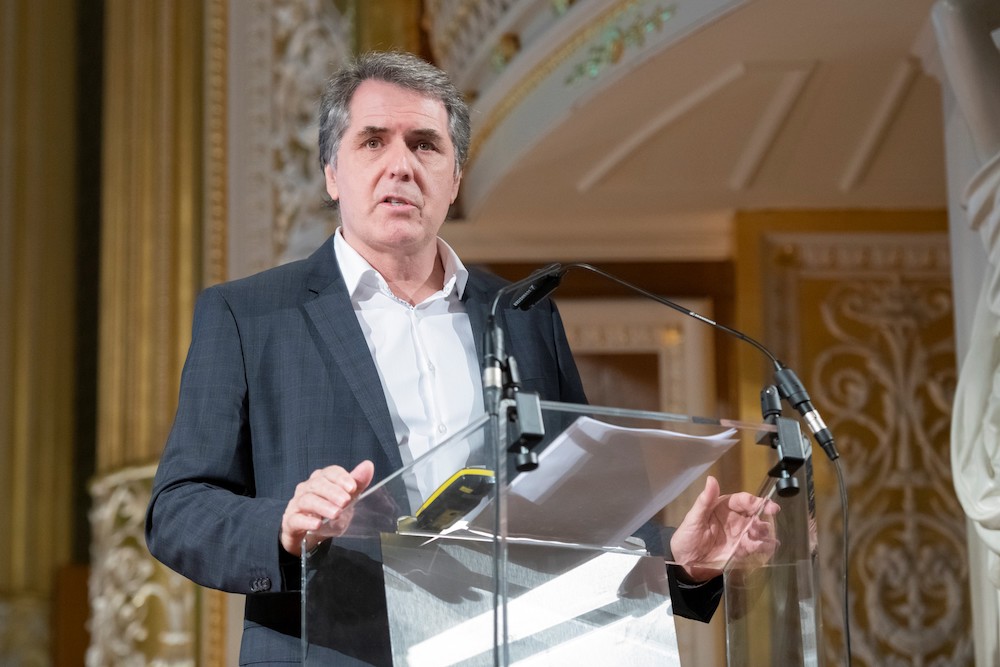
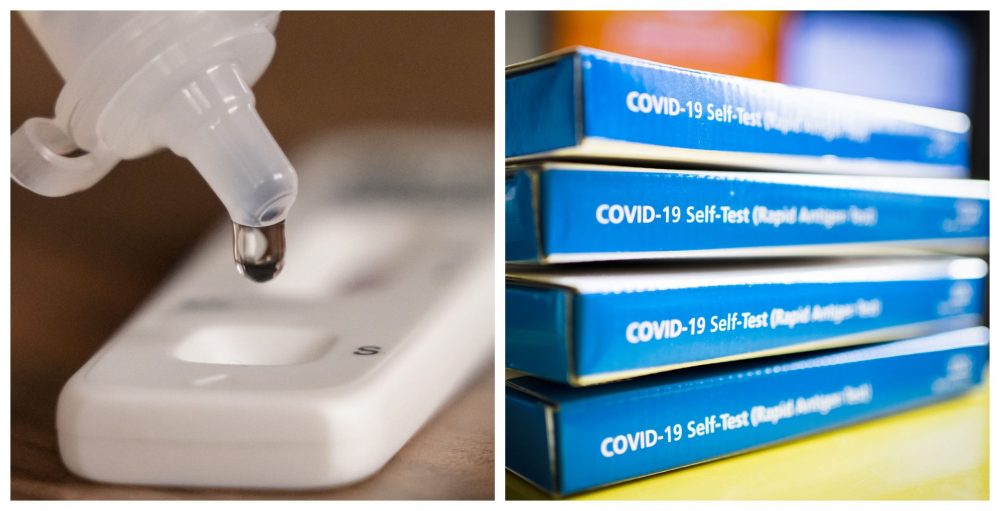
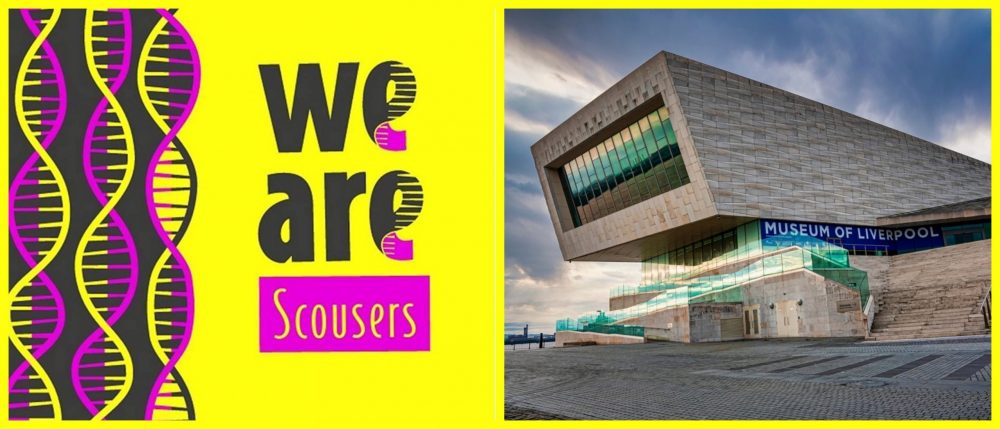

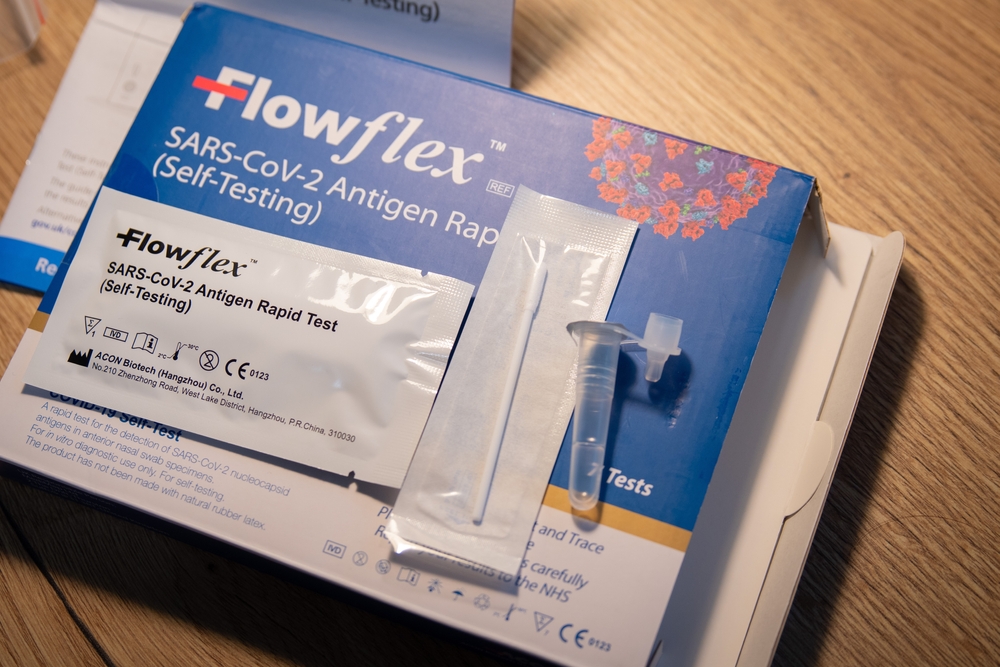
 Subscribe
Subscribe Follow Us
Follow Us Follow Us
Follow Us Follow Us
Follow Us Follow Us
Follow Us Follow Us
Follow Us











